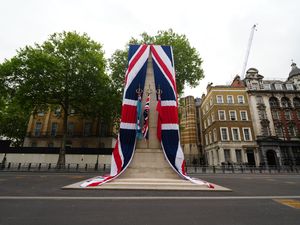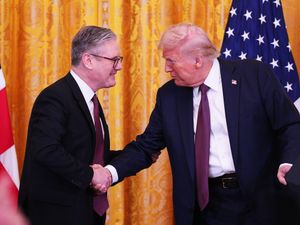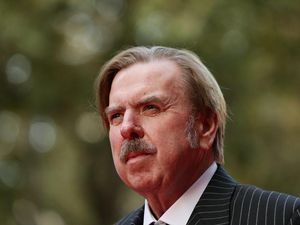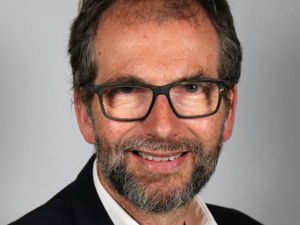Shropshire Star comment: TV an important part of many people's lives
Older people confined to their homes during the lockdown, even if they were alone, have had a friend to turn to.
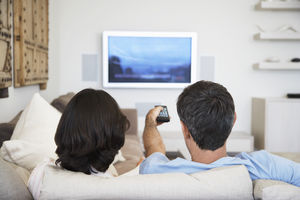
It has been the television, a vehicle for the latest news and guidance, a window on the outside world, and an entertainments extravaganza to ease the boredom.
The television in the corner, or on the wall, is not just another household appliance. For many people it is an important part of their lives.
That is especially the case for the older generation, and less so for youngsters who are so wedded to their smartphones and assorted "devices."
And now the most loyal and most vulnerable viewers are going to be hit by the BBC which is abolishing free television licences which were enjoyed by all over-75s. From August 1, the free licence becomes means tested, which means a lot of people who previously had them will no longer qualify.
This move was postponed during the coronavirus pandemic, no doubt because it would have looked bad for the BBC to do it in the middle of a crisis in which television was a lifesaver, metaphorically speaking, for the over-75s, the group most at risk from the virus and for whom staying at home was critically important.
With the coronavirus picture now improved, and lockdown being lifted, the BBC has brought it back to the table, amid much criticism.
To be fair to the Beeb, it is in a difficult position. It is under financial pressure because of the pandemic, and is shedding staff through voluntary redundancies. It is also facing intense competition from a range of rival services. It has a reputation as a quality broadcaster, and catering for minority viewing tastes. These are not things which come on the cheap.
There is a debate over whether the free licences bill should be met by the BBC itself or the Government.
And there is the wider issue of whether the TV licence model of funding for the Beeb is still appropriate in an age in which many television viewers are turning to other services.
So one way of looking at what is happening is that the over-75s have become pawns in a game of chicken and dare between the BBC and the Government.

